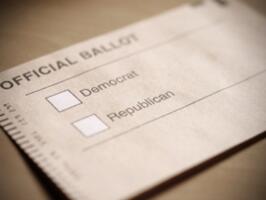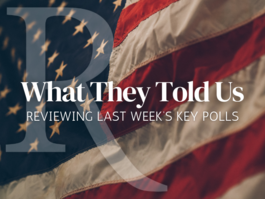Most Believe Political Leaders Put U.S. Troops At Risk Too Often
Americans continue to believe that our nation’s elected politicians favor a far more interventionist foreign policy than the public supports.
A new Rasmussen Reports national telephone survey finds that 59% of Likely U.S. Voters believe our political leaders send U.S. soldiers into harm’s way too often. Just five percent (5%) think the policy makers don’t use the nation’s military might often enough. Twenty-seven percent (27%) believe the balance is about right. (To see survey question wording, click here.)
(Want a free daily e-mail update? If it's in the news, it's in our polls). Rasmussen Reports updates are also available on Twitter or Facebook.
The survey of 1,000 Likely Voters was conducted on January 31-February 1, 2013 by Rasmussen Reports. The margin of sampling error is +/- 3 percentage points with a 95% level of confidence. Field work for all Rasmussen Reports surveys is conducted by Pulse Opinion Research, LLC. See methodology.

















